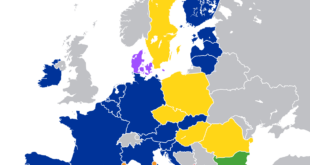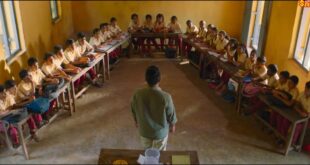- Recently, the Kerala government has proposed to amend the Kerala Lokayukta Act, 1999 with an ordinance, a move that has drawn criticism from the opposition.
- The proposed ordinance envisages to limit the powers of the anti-corruption watchdog.
- The Kerala cabinet has recommended to the Governor that he promulgates the ordinance
- The proposal sought to give the government powers to “either accept or reject the verdict of the Lokayukta, after giving an opportunity of being heard”.
- By this ordinance, the quasi-judicial institution will turn into a toothless advisory body, whose orders will no longer be binding on the government.
- The Lokpal and Lokayukta Act, 2013 provided for the establishment of Lokpal for the Union and Lokayukta for States.
- These institutions are statutory bodies without any constitutional status.
- They perform the function of an “ombudsman” and inquire into allegations of corruption against certain public functionaries and for related matters.
- The Lokpal and Lokayuktas Act, 2013 provides for establishing a Lokpal headed by a Chairperson, who is or has been a Chief Justice of India, or is or has been a judge of the Supreme Court, or an eminent person who fulfills eligibility criteria as specified.
- Of its other members, not exceeding eight, 50% are to be judicial members, provided that not less than 50% belong to the SCs, STs, OBCs, minorities, or are women.
- The Lokpal was appointed in March 2019 and it started functioning since March 2020 when its rules were framed. The Lokpal is at present headed by former Supreme Court Justice Pinaki Chandra Ghose.
- The Lokpal has jurisdiction to inquire into allegations of corruption against anyone who is or has been Prime Minister, or a Minister in the Union government, or a Member of Parliament, as well as officials of the Union government under Groups A, B, C and D.
- Also covered are chairpersons, members, officers and directors of any board, corporation, society, trust or autonomous body either established by an Act of Parliament or wholly or partly funded by the Centre.
- It also covers any society or trust or body that receives foreign contributions above Rs. 10 lakh.
Way Forward
- Battle against corruption, in order to be effective today, can be achieved only through a comprehensive reform of our political, legal, administrative and judicial systems and not through one-off or piece-meal measures.
- The establishment of an effective Lokpal institution is one such measure.
- Thus, Lokayuktas should be set up in the states “on the lines of the Lokpal” with “all state government employees, local bodies and the state corporations under their purview”.
SOURCE: THE HINDU,THE ECONOMIC TIMES,MINT
 Chinmaya IAS Academy – Current Affairs Chinmaya IAS Academy – Current Affairs
Chinmaya IAS Academy – Current Affairs Chinmaya IAS Academy – Current Affairs



